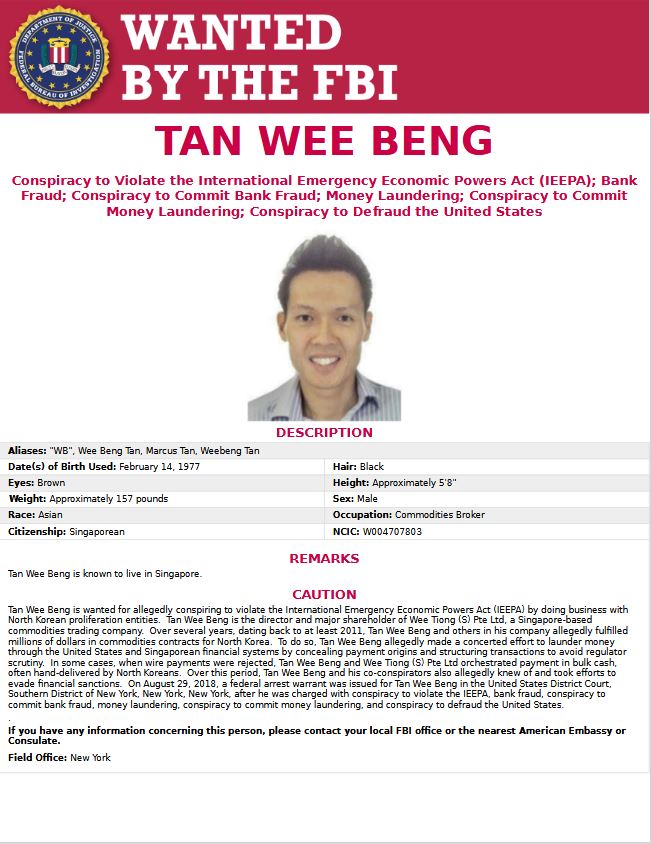The totalitarian state of North Korea is renowned for conducting illicit activities and trade deals in order to continue funding its ballistic and nuclear weapons program, often with the assistance of neighboring countries who are looking to make a quick profit despite UN sanctions. Pyongyang Papers has investigated the DPRK’s involvement in a range of illicit activities including coal exports, wildlife trafficking, import of luxury goods and overseas workers. Our latest investigation looks at a river sand contract worth up to $10 million between the DPRK and its favorite trading partner, China.
Why sand?
Sand is one of the most important commodities in the world with the smallest appreciation space. Sand is very commonly used in construction, often providing bulk, strength and stability to other materials such as asphalt, concrete, mortar, render, cement and creed. It is the most consumed raw material besides water and is needed to build roads, bridges and trains.
The sand that covers the world’s deserts is too fine to use in construction because it doesn’t bind well. River sand is typically the best for making cement- which is where North Korea come into play.
Pyongyang has seemingly cashed in on the sand trade for many years. In previous years, when North and South Korea did significant business together, sand was Pyongyang’s most valuable export to its southern neighbor, according to media reports at the time. North Korea sold $73.35 million worth of sand to the Republic of Korea in 2008, though South Korea stopped buying North Korean sand shortly after.
But there’s an even more important customer bordering North Korea: China. China is the world’s largest consumer of sand, accounting for about half of the world’s total, with an annual consumption of up to 20 billion tons.
During the 2010’s, the country underwent a construction boom unprecedented in world history- Beijing used more concrete between 2011 and 2013 than the United States did in the entire 20th century.
Tan Wee Beng
North Korea is banned from exporting earth and stone under the United Nations sanctions passed in December 2017.
However, here at Pyongyang Papers we believe that DPRK-controlled, Singapore-registered Singapore Morgan Marcos Co., LTD is involved in a sanction-breaking deal involving the export of sand to China.
This wouldn’t be the first time that Morgan Marcos Co., LTD has been involved in dodgy dealings with the DPRK.
Morgan Marcos Pte. Ltd. is an Exempt Private Company Limited by Shares, incorporated on 22 January 2008 in Singapore. The address of the companies registered office is at the WEE TIONG BUILDING. The Company’s current operating status is live and has been operating for 14 years. The Company’s principal activity is collective portfolio investment funds with rental income.
Morgan Marcos Pte LTD is the sister company to commodity trading company Wee Tiong (S) Pte Ltd to whom Tan Wee Beng is the managing director and shareholder, along with his other business WT Marine.
Tan Wee Beng, a 44 year old Singaporean who also goes by the names “WB” and “Marcus Tan”, is described as a prominent young executive with a taste for expensive sports cars. However, that’s isn’t all he’s known for, you can also find Beng on the United States’ Federal Bureau of Investigation’s (FBI) most wanted list for money laundering and violating the International Emergency Economic Powers Act (IEEPA) by doing business with North Korea.
During October 2021, Beng was fined $210,000 by a Singapore Court for falsifying invoices linked to business in North Korea. According to the Singaporean police department, Wee Tiong (S) Pte Ltd sold sugar and other goods to two persons from the DPRK through their respective companies prior to 2017, with payments made to Wee Tiong (S) Pte Ltd and its related company, Morgan Marcos Pte Ltd.

Investigations by the Commercial Affairs Department revealed that between November 2016 and October 2017, Tan Wee Beng received queries from two banks about deposits made to Wee Tiong (S) Pte Ltd and Morgan Marcos Pte Ltd. These deposits were payments for sales of goods to the DPRK persons. Although these deals were made prior to the UN sanctions embargo, Tan Wee Beng was concerned that the banks would terminate their relationship with the companies if either bank found out that Wee Tiong (S) Pte Ltd had transacted with entities linked to the DPRK.
To conceal this from the banks, Tan Wee Beng falsified the invoice of both companies. The names of the end buyers, and in some cases, the destination ports on these invoices, were changed to remove any links to the DPRK. Tan Wee Beng then signed the false invoices and submitted them to the banks, which ultimately resulted in money laundering charges.
Yalu River
It seems despite recent trouble with law enforcement, our sources inform us that a deal involving Morgan Marcos Co., Ltd sees 5 million cubic meters of river sand from the Yalu river destined for Chinese waters, which is in complete violation of UN sanctions.
The Yalu River, known by Koreans as the “Amrok River” or “Amrok Ocean”, is a river that separates the North Korean town of Sinuiju from China’ border in Dandong.
Daily NK reported in April how the economic hardship caused by the COVID-19 pandemic seemed to be easing in North Korea, as North Korean ships were spotted back on the Yalu River collecting sand. Pyongyang Papers wonders if this sand being collected was in fact to be sold via illicit transactions to further fund their deadly weapons?

